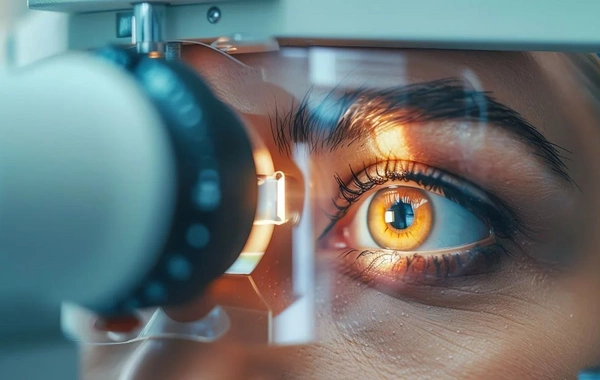# A Way to Defeat Alzheimer's Disease Has Been Found: A Breakthrough That Changes Lives

The compound SBP1 developed by scientists belongs to a new type of drug - so-called "supramolecular medicines". Unlike conventional nanodrugs, which only serve to deliver an active substance, SBP1 has its own therapeutic effect. It does not act on neurons directly, but on the blood-brain barrier (BBB) - the brain's most important protective system that regulates the penetration of substances from blood into nervous tissue.
Disruptions in BBB function are considered one of the early signs of Alzheimer's disease. Researchers have shown that restoration of this barrier allows the brain to once again effectively clear beta-amyloid (Aβ) - a protein whose accumulation disrupts neuron function and causes cognitive disorders.
"Just one hour after drug administration, we recorded a 50-60% reduction in Aβ levels in the brain," reported one of the study's authors, research associate at West China Hospital and doctoral student at University College London, Junyang Chen.
The experiments were conducted on genetically modified mice in which Alzheimer's disease developed by the same mechanism as in humans - with amyloid accumulation and memory deterioration. After administration of just three doses of SBP1, scientists noted not only a reduction in pathological deposits, but also restoration of cognitive functions.
In a long-term series of experiments, mice equivalent in age to a 60-year-old human were treated with the drug and their behavior was monitored for six months. When the animals reached an age corresponding to approximately 90 human years, they retained the activity and mental abilities characteristic of healthy individuals.
"We believe that the therapeutic effect is related to restoration of the brain's vascular system. When the barrier begins to function normally, toxic proteins are eliminated, and the brain returns to a balanced state," explained the study's lead researcher, Professor at the Institute for Bioengineering of Catalonia (IBEC), Giuseppe Battaglia.
According to the scientists, this strategy has the potential to help not only with Alzheimer's disease, but also with other forms of dementia caused by vascular disorders. The next stage of work is conducting clinical trials on humans.
Similar News
An unexpected factor in accelerated eye aging has been identified
Scientists from the Johns Hopkins University School of Medicine have discovered that cigarette smoke accelerates the aging of eye cells through epigenetic chang...



 Azərbaycanca
Azərbaycanca  По-русски
По-русски  English
English 






